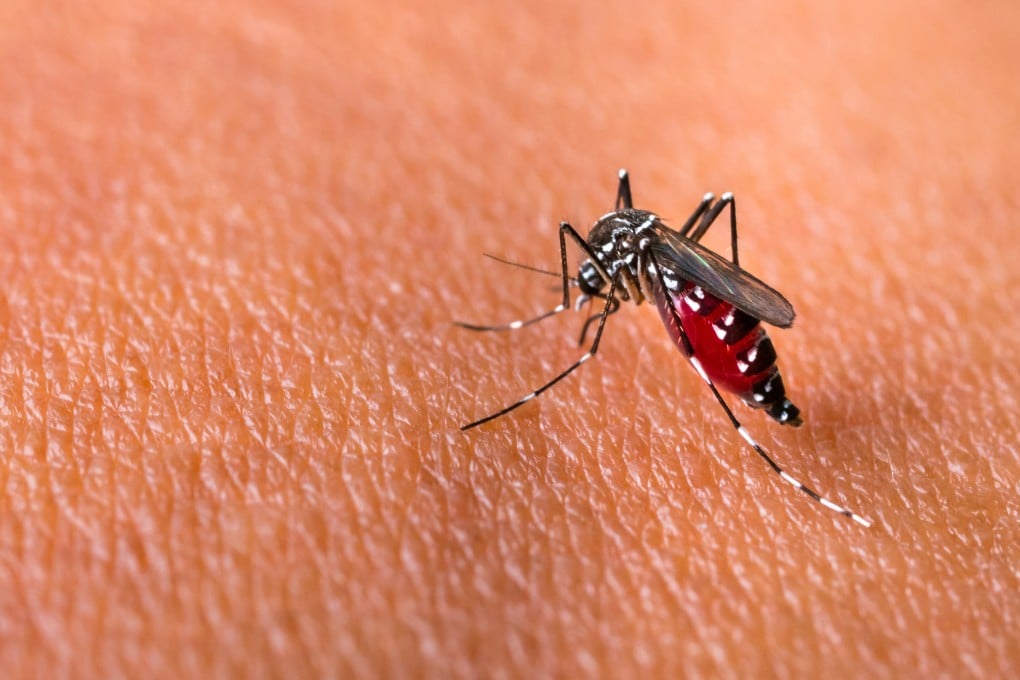Hongkongers applying DEET-based repellents to keep mosquitoes at bay warned of potential side effects
- Consumer Council says high concentrations of DEET may cause rashes, blisters, skin and mucous membrane irritation, warning children more susceptible
- 3M Ultrathon Insect Repellent, with DEET concentration levels up to 30 per cent, found to be highly effective

Hong Kong’s consumer watchdog has called on people to be cautious while applying DEET-based mosquito repellents, despite being the most effective, as they can cause side effects, with test results also showing that at least one “natural” brand attracts the insects.
The Consumer Council said on Thursday it tested 25 repellents and found that 90 per cent of the nine DEET- or picaridin-based ones could provide 80 per cent or more protection four hours after applying.
The 3M Ultrathon Insect Repellent, with DEET concentration levels up to 30 per cent, was found to be highly effective as it kept mosquitos away from a participant’s forearm all the time during the test. Its price ranges between 20 HK cents and HK$2.80 (36 US cents) per gram or millilitre.
But the watchdog warned that a high concentration of DEET might cause rashes, blisters and skin and mucous membrane irritation, with children being more susceptible to the side effects.

It also called on people to avoid applying them on infants, saying DEET repellents with concentration levels up to 30 per cent should only be used on babies aged between two and six months if they were travelling to areas where mosquito-borne diseases, such as Zika and dengue, were endemic.
Picaridin, another substance that proved to be more effective in repelling mosquitoes, was found to have caused less skin irritation than DEET, but might still hurt users’ eyes, according to the watchdog.